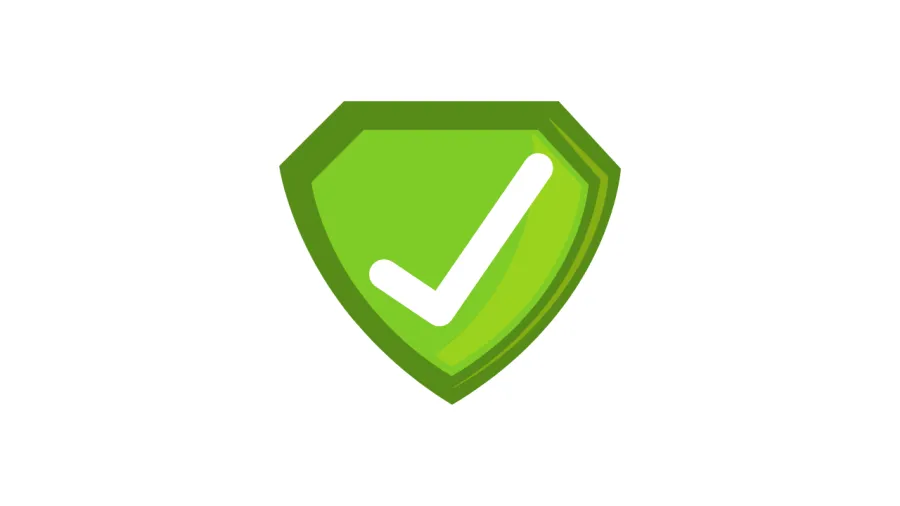
OSHA Compliance
With your OSHA Compliance Program, you will receive customized online resources to assist you in completing your site-specific OSHA policies, practices, and procedures according to the health and safety standards promulgated by the Occupational Safety and Health Administration (OSHA).
You will also receive annual training, a hazard risk assessment, access to an online safety data sheet binder, a COVID-19 Toolkit, and OSHA audit support.

Human Resources
As part of HCP's Human Resources Program, you will have access to customized office policies which can be updated at any time, annual training for all staff, an Employee Virtual Binder that allows you to store documents by staff members, create notes, and schedule individual staff reminders, and the ability to perform background checks.

Learning Management System
In addition to the over 130 courses provided in HCP's Learning Management System, you also have the ability to create course content from scratch to meet your individual needs. These custom courses could include specific office policies. unique equipment instructions, state-specific compliance policies, and more.
Non-Medical Compliance FAQ
Q What are the standards for non-medical business OSHA compliance?
Non-medical businesses, such as manufacturing, construction, hospitality, and retail, must comply with OSHA standards to maintain a safe work environment. Some critical elements of non-medical OSHA compliance include the following:
Hazard Communication
Businesses must have a written hazard communication program, provide safety data sheets for hazardous chemicals, and train employees on the safe handling and use of chemicals.
Safety Training
Employers need to provide appropriate training to employees on workplace hazards, safe work practices, and emergency response procedures.
Personal Protective Equipment (PPE)
Employers must assess workplace hazards and provide suitable personal protective equipment to employees, along with training on its correct usage.
Recordkeeping
Non-medical business compliance requires maintaining records of workplace injuries, illnesses, and fatalities as required by OSHA regulations.
A business must meet all OSHA standards to be non-med compliant.
Q What types of businesses must be non-medical compliant?
Several types of businesses fall under the category of non-medical compliance, including but not limited to:
Manufacturing and Industrial Sector
Manufacturing includes factories, warehouses, and plants where employees may face physical hazards or exposure to dangerous substances.
Construction Industry
Construction businesses must ensure compliance to protect workers from fall hazards, electrical hazards, and other occupational risks.
Hospitality and Service Industry
Hotels, restaurants, and similar establishments are responsible for maintaining a safe environment for employees and guests, addressing hazards like slips and falls.
Several types of businesses fall under the category of non-medical compliance, including but not limited to:
Manufacturing and Industrial Sector
Manufacturing includes factories, warehouses, and plants where employees may face physical hazards or exposure to dangerous substances.
Construction Industry
Construction businesses must ensure compliance to protect workers from fall hazards, electrical hazards, and other occupational risks.
Hospitality and Service Industry
Hotels, restaurants, and similar establishments are responsible for maintaining a safe environment for employees and guests, addressing hazards like slips and falls.
Retail Sector
Retail stores, supermarkets, and shopping centers must adhere to non-medical compliance requirements to protect both employees and customers.
Q Which businesses are generally exempt from OSHA compliance?
While non-medical businesses have OSHA compliance obligations, some exceptions and exemptions exist. Business owners without any employees are generally exempt from OSHA regulations. Specific industries, such as aviation or mining, have their own safety regulations governed by other federal agencies and may be exempt from OSHA compliance. Typically, farms where only immediate family members work get exemptions from OSHA regulations.
Q What is Healthcare Compliance Pros' Non-Medical Compliance Program?
Healthcare Compliance Pros offers a specialized Non-Medical Compliance Program to assist businesses in meeting non-medical compliance requirements. This program encompasses various compliance aspects, including OSHA, HIPAA, and industry-specific regulations. It provides tailored solutions such as policy development, training programs, and ongoing support to ensure businesses achieve and maintain compliance.
Q Who can benefit from the Non-Medical OSHA Compliance Program?
Healthcare Compliance Pros' Non-Medical OSHA Compliance Program can benefit a range of organizations:
Small and Medium-sized Enterprises (SMEs)
Businesses with limited resources and dedicated compliance departments can benefit from expert guidance and support in navigating complex non-medical compliance requirements.
Non-Medical Industries Prioritizing Workplace Safety
Industries such as manufacturing, construction, hospitality, and retail, where workplace safety is critical, can benefit from this program to ensure OSHA compliance and protect employees.
Businesses Seeking Comprehensive Compliance Solutions
By implementing the Non-Medical Compliance Program, organizations can streamline their compliance efforts, reduce risks, and gain peace of mind knowing they meet legal obligations.
